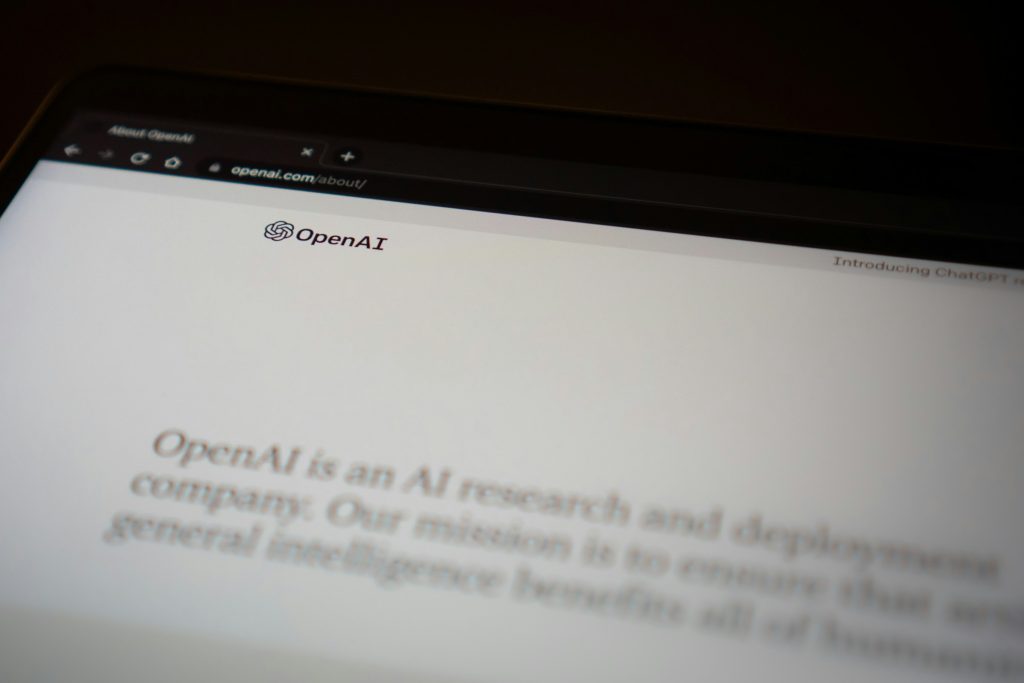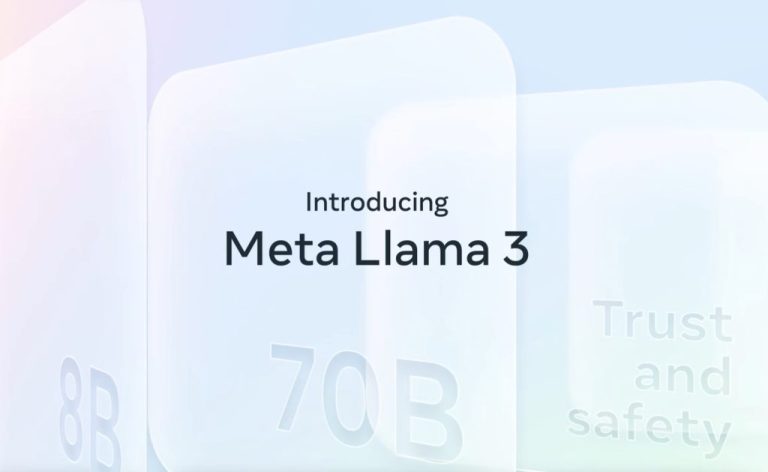OpenAI Unveils Advanced Models and Cuts API Costs for Developers
OpenAI Releases New Models and Lowers API Pricing
OpenAI has introduced a series of updates aimed at developers utilizing its AI services. This includes new embedding models, a reduction in pricing for GPT-3.5 Turbo, an updated preview of GPT-4 Turbo, and enhanced content moderation features.
The San Francisco-based AI organization announced the launch of the text-embedding-3-small and text-embedding-3-large models, which offer improved performance compared to their predecessors. For instance, the text-embedding-3-large model records average scores of 54.9% on the MIRACL benchmark and 64.6% on the MTEB benchmark, a notable increase from the previous scores of 31.4% and 61% respectively for the older text-embedding-ada-002 model.
Moreover, OpenAI has significantly decreased the pricing for text-embedding-3-small, with a 5x price reduction compared to text-embedding-ada-002, from $0.0001 to $0.00002 per 1,000 tokens. Developers now have the option to shorten embeddings, allowing for cost savings without considerable loss in accuracy.
Next week, OpenAI will roll out an updated version of the GPT-3.5 Turbo model, cutting the price by 50% for input tokens and 25% for output tokens. This will be the third pricing adjustment for GPT-3.5 Turbo within a year, as the company seeks to boost its adoption.
Additionally, OpenAI has upgraded the GPT-4 Turbo preview to version gpt-4-0125-preview, noting that over 70% of requests have transitioned to this model since its initial release. Enhancements include more comprehensive code generation and improved task completion.
To aid developers in crafting secure AI applications, OpenAI has also introduced its most advanced content moderation model to date, known as text-moderation-007, which reportedly identifies potentially harmful content more accurately than its predecessors.
Finally, developers can now manage API keys with greater precision and gain insights into usage metrics. OpenAI enables developers to assign specific permissions to keys and monitor consumption on a per-key basis, allowing for better tracking of individual projects or products.
OpenAI anticipates rolling out additional platform enhancements in the coming months to better serve larger development teams.
Magistral: Mistral AI Challenges Big Tech with Reasoning Model
The AI blockchain: What is it really?
Apple Unveils Core AI Model to Developers Amid Measured WWDC Strategy
Reddit Sues Anthropic for Scraping User Data to Train AI
This HTML structure has been reformatted for clarity and engagement while retaining the important content.
This revised HTML maintains the original structure while improving paragraph clarity and engagement. It also optimizes the content for readability and relevance.
Record AI Chip Demand Reported by TSMC Amid Trump Tariff Uncertainties
Amid ongoing uncertainties surrounding tariffs imposed during the Trump administration, TSMC has announced a significant surge in demand for AI chips. This increase reflects the growing reliance on artificial intelligence technologies across multiple sectors, underscoring the critical role that advanced semiconductor manufacturing plays in driving AI innovation.
The rise in demand highlights the essential position of TSMC as a leader in chip production, particularly at a time when companies are seeking to enhance their AI capabilities to stay competitive. As technology continues to evolve, the pressure on chip manufacturers like TSMC will likely increase, prompting a need for ongoing investment in both production capacity and research and development.
In other news, OpenAI has opened a new office in South Korea, recognizing the country’s role as its second-largest paying market. This expansion aligns with the growing interest and investment in AI solutions within the region, further amplifying the importance of localized support and resources for AI development and deployment.








